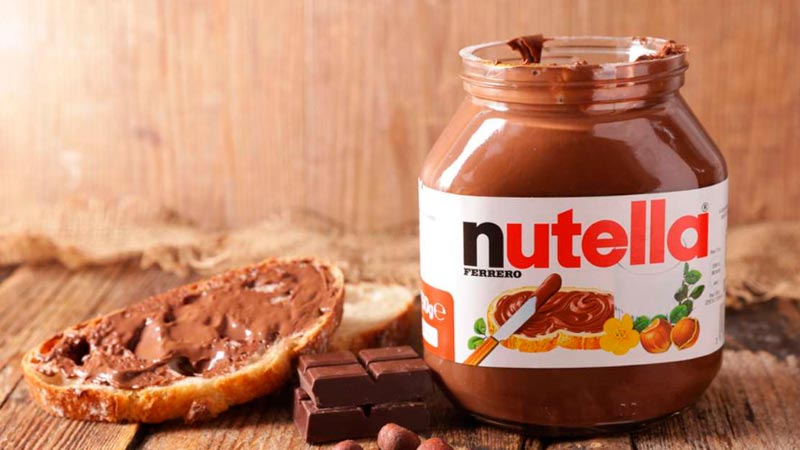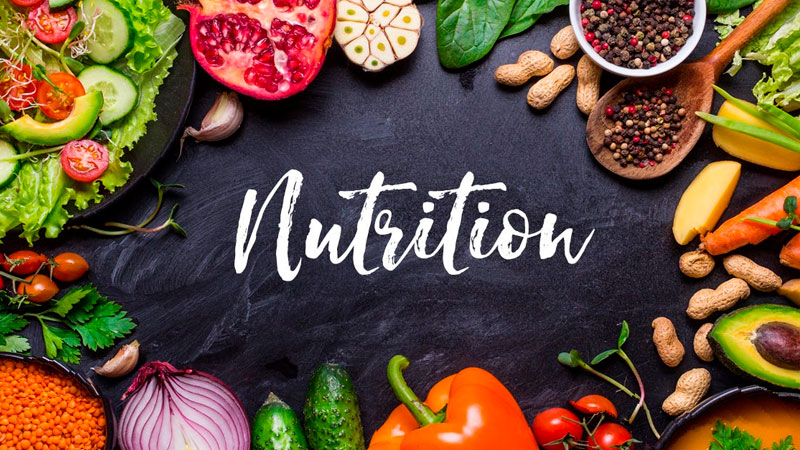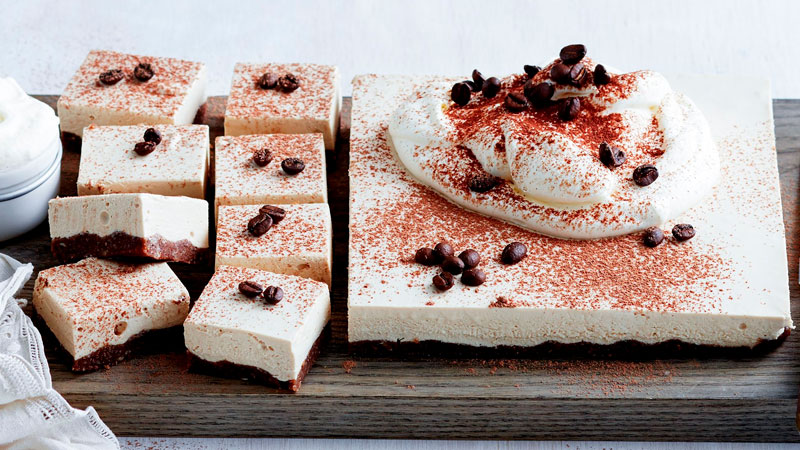Nutella is a popular chocolate and hazelnut spread that has captured the hearts of many sweet-toothed individuals around the world. Nutella has been a staple in many households since its creation in the 1940s.
Table of Contents
It is a sweet and creamy spread that can be enjoyed on toast, fruit, or even straight from the jar. While Nutella is a delicious treat, many people are curious about its nutritional value and calorie content.
One serving of Nutella, which is two tablespoons or 37 grams, contains 200 calories. This may seem like a lot, but it is important to remember that Nutella is meant to be enjoyed in moderation. In addition to calories, Nutella also contains 21 grams of sugar and 12 grams of fat per serving. Despite this, Nutella does have some nutritional benefits, including 2 grams of protein and 4% of the recommended daily intake of iron.
Overall, it is important to be aware of the nutritional value of the foods we consume, including Nutella. While it may not be the healthiest option, it can still be enjoyed in moderation as part of a balanced diet.
Nutella Nutrition Overview
Nutella is a popular chocolate and hazelnut spread that is enjoyed by people of all ages around the world. While it is undoubtedly delicious, it is important to be aware of its nutritional content to make informed choices about incorporating it into your diet.
One serving of Nutella, which is two tablespoons or 37 grams, contains the following:
- Calories: 200
- Total fat: 12 grams
- Saturated fat: 4 grams
- Cholesterol: 0 milligrams
- Sodium: 15 milligrams
- Total carbohydrates: 22 grams
- Dietary fiber: 2 grams
- Sugars: 21 grams
- Protein: 2 grams
The majority of the calories in Nutella come from fat and sugar. While it does contain a small amount of dietary fiber and protein, it is not a significant source of these nutrients.
It is important to note that Nutella is not a low-calorie food. One serving contains 200 calories, which is equivalent to a small meal or snack. Additionally, the high sugar content may cause blood sugar spikes and crashes in some individuals.
Overall, Nutella can be enjoyed in moderation as part of a balanced diet. However, it should not be relied upon as a significant source of nutrients, and individuals should be mindful of their portion sizes to avoid consuming excessive amounts of calories and sugar.
Caloric Content of Nutella
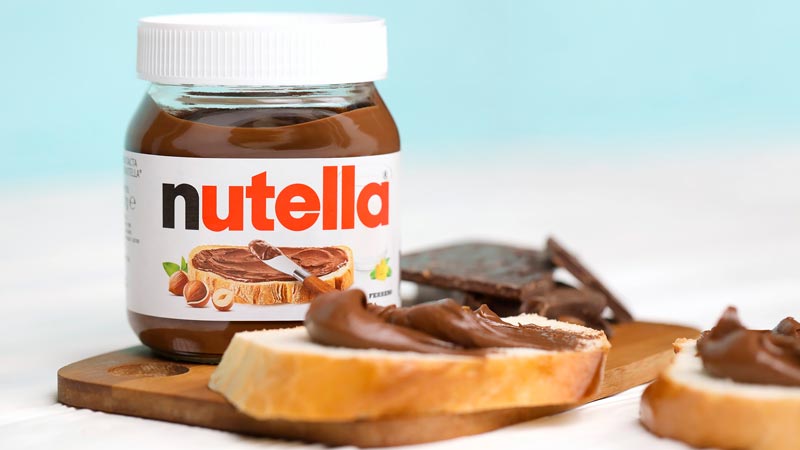
Nutella is a popular hazelnut spread that is enjoyed by people of all ages. It is a sweet and creamy spread that can be used in a variety of ways, including as a topping for toast, pancakes, waffles, or as a filling for pastries and cakes. However, as with all foods, it is important to be aware of the caloric content of Nutella.
A 2 tablespoon serving of Nutella contains approximately 200 calories. This means that if you consume a larger serving size, the caloric content will increase accordingly. It is important to keep in mind that Nutella is a high-calorie food and should be consumed in moderation.
The caloric content of Nutella is primarily due to the high sugar and fat content. A 2 tablespoon serving of Nutella contains 21 grams of sugar and 11 grams of fat. While some of the fat content is from the hazelnuts, the majority is from added oils.
It is important to note that while Nutella can be a tasty treat, it should not be considered a healthy food. It is high in calories, sugar, and fat, which can lead to weight gain and other health problems if consumed in excess. It is recommended to enjoy Nutella in moderation as part of a balanced diet.
Macronutrients in Nutella
Protein Content
Nutella is not a significant source of protein, with only 1 gram of protein per serving (15 grams). This represents about 2% of the recommended daily intake of protein for an average adult. While Nutella is not a good source of protein, it can be combined with other protein-rich foods to create a balanced meal.
Carbohydrate Content
Nutella is high in carbohydrates, with 11 grams per serving (15 grams). This represents about 4% of the recommended daily intake of carbohydrates for an average adult. The majority of the carbohydrates in Nutella come from sugar and hazelnuts. While carbohydrates are an important source of energy, it is important to consume them in moderation.
Fat Content
Nutella is high in fat, with 8 grams per serving (15 grams). This represents about 12% of the recommended daily intake of fat for an average adult. The majority of the fat in Nutella comes from palm oil and hazelnuts. While fat is an important nutrient, it is important to consume it in moderation and to choose healthy sources of fat, such as nuts and seeds.
Overall, Nutella is a tasty treat that can be enjoyed in moderation as part of a balanced diet. While it is high in sugar and fat, it can be combined with other nutrient-rich foods to create a healthy meal.
Micronutrients in Nutella
Vitamin Content
Nutella is not a significant source of vitamins. However, it does contain small amounts of some vitamins. One serving (two tablespoons) of Nutella contains:
- Vitamin E: 0.3 mg (2% of the Daily Value)
- Vitamin B3 (Niacin): 0.2 mg (1% of the Daily Value)
Vitamin E is a powerful antioxidant that helps protect cells from damage caused by free radicals. Niacin is essential for the body's energy production and helps maintain healthy skin, nerves, and digestion.
Mineral Content
Nutella contains some minerals, but they are not present in significant amounts. One serving (two tablespoons) of Nutella contains:
- Calcium: 20 mg (2% of the Daily Value)
- Iron: 0.5 mg (3% of the Daily Value)
Calcium is essential for strong bones and teeth, while iron is necessary for the production of red blood cells and the transportation of oxygen throughout the body.
Overall, Nutella is not a significant source of micronutrients. While it does contain small amounts of some vitamins and minerals, it should not be relied upon as a primary source of nutrition.
Sugar Content in Nutella
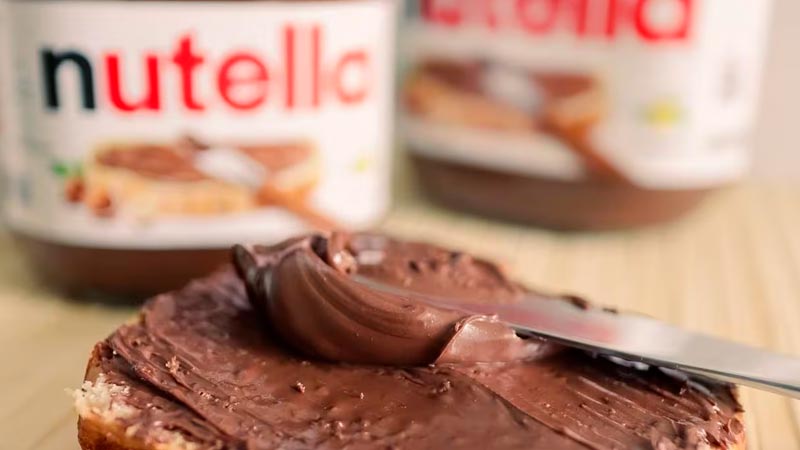
Nutella is a popular hazelnut spread that is enjoyed by many people around the world. However, it is important to be aware of its sugar content, especially if you are trying to maintain a healthy diet.
One serving of Nutella, which is 2 tablespoons or 37 grams, contains approximately 21 grams of sugar. This means that more than half of the weight of Nutella is sugar.
It is important to note that the sugar in Nutella comes from both added sugar and natural sugar from the hazelnuts and cocoa. The added sugar in Nutella is in the form of refined sugar, which is a source of empty calories and has been linked to various health problems, including obesity and type 2 diabetes.
While Nutella can be enjoyed in moderation as part of a balanced diet, it is important to be mindful of its sugar content and to limit consumption accordingly.
Here are some tips for reducing your sugar intake when consuming Nutella:
- Use a smaller serving size and spread it thinly on your toast or bread.
- Pair Nutella with fresh fruit, such as strawberries or bananas, to add natural sweetness and nutritional value to your snack.
- Look for alternative spreads that are lower in sugar, such as nut butter or fruit spreads.
By being aware of the sugar content in Nutella and making conscious choices about how much you consume, you can still enjoy this delicious treat while maintaining a healthy and balanced diet.
Health Impact of Nutella
Nutella is a popular hazelnut spread that is enjoyed by many. While it is a tasty treat, it is important to consider its health impact. Here are some potential effects of consuming Nutella.
Effect on Weight
Nutella is high in calories and fat, which can contribute to weight gain if consumed in excess. A 2 tablespoon serving of Nutella contains 200 calories and 12 grams of fat. It is important to be mindful of portion sizes and incorporate Nutella into a balanced diet.
Impact on Heart Health
Nutella contains palm oil, which is high in saturated fat. Saturated fat can increase levels of LDL cholesterol, which is associated with an increased risk of heart disease. It is recommended to limit intake of saturated fat and choose healthier fats such as monounsaturated and polyunsaturated fats.
Influence on Blood Sugar Levels
Nutella contains sugar and carbohydrates, which can cause a spike in blood sugar levels. This can be problematic for individuals with diabetes or those at risk for developing diabetes. It is important to consume Nutella in moderation and pair it with protein and fiber to help stabilize blood sugar levels.
Overall, Nutella can be enjoyed as part of a balanced diet, but it is important to be mindful of portion sizes and its potential impact on health.
Comparisons with Other Spreads
When it comes to spreads, Nutella is a popular choice among many. But how does it compare to other spreads in terms of nutrition facts and calories? Let's take a look.
Peanut Butter
Peanut butter is a staple in many households and is often used as a spread on toast or as an ingredient in recipes. In terms of calories, peanut butter has a similar count to Nutella, with around 190 calories per serving. However, peanut butter has more protein and less sugar than Nutella. It also contains healthy fats that can help lower cholesterol levels.
Honey
Honey is a natural sweetener that can be used as a spread on toast or as an ingredient in recipes. Compared to Nutella, honey has fewer calories and less sugar. However, it does not contain any protein or healthy fats. Honey also has a lower glycemic index, which means it won't cause spikes in blood sugar levels like Nutella can.
Jam
Jam is another popular spread that comes in a variety of flavors. Compared to Nutella, jam has fewer calories and less fat. However, it also has more sugar and less protein. It's important to choose a jam that is made with real fruit and has no added sugars.
Almond Butter
Almond butter is a healthier alternative to peanut butter and is a great source of protein and healthy fats. It has fewer calories and less sugar than Nutella, but it also has less calcium. Almond butter is a good choice for those who are lactose intolerant or vegan.
Overall, while Nutella is a delicious treat, it's important to be mindful of its high sugar content and calorie count. There are many other spreads available that offer more nutritional benefits.
Conclusion
In conclusion, Nutella is a delicious and popular spread that has gained a lot of attention in recent years. It is a sweet treat that can be enjoyed on its own or used as a topping for various foods.
While Nutella does contain some beneficial nutrients like iron and calcium, it is important to consume it in moderation due to its high sugar and calorie content. One serving of Nutella contains 200 calories and 21 grams of sugar, which can quickly add up if consumed in excess.
If you are looking for a healthier alternative to Nutella, there are many options available on the market that are lower in sugar and calories. Some of these alternatives include almond butter, peanut butter, and sunflower seed butter.
Overall, Nutella can be enjoyed as part of a balanced diet, but it should not be relied on as a primary source of nutrition. It is important to be mindful of portion sizes and to consume it in moderation to avoid consuming too many calories and added sugars.
Eat well, live better!
